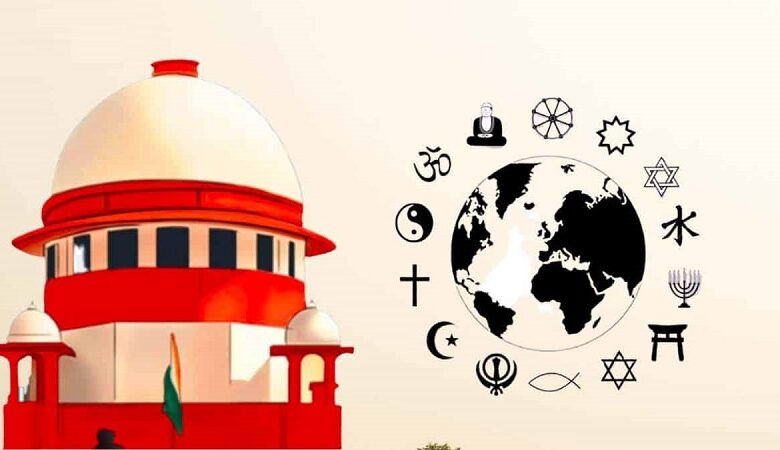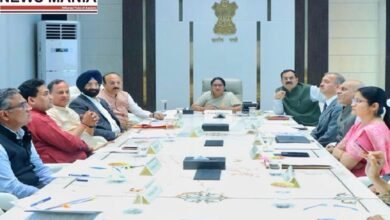
On September 6th, the Supreme Court of India made a significant decision to dismiss a public interest litigation (PIL) that had sought directions to the Central government regarding fraudulent religious conversions, particularly concerning Hindus and minors. This ruling raises questions about the scope of PILs and their suitability for issues that might not fall directly within the purview of the Court.
The petitioner’s counsel argued that religious conversions were targeting Hindus and minors, expressing concern over these conversions’ fraudulent nature. The Bench, comprising Chief Justice of India (CJI) DY Chandrachud, along with Justices JB Pardiwala and Manoj Misra, questioned the nature of the PIL and expressed reservations regarding the increasing trend of using PILs for matters that may not be entirely suitable for judicial intervention.
The Court’s oral remarks were telling: “If there is a live challenge and someone is prosecuted, we can entertain. But what kind of PIL is this? PIL has become a tool, and everyone is coming up with petitions like these.”
In response, the petitioner’s counsel inquired about the appropriate forum for such pleas.
The Court clarified that it did not possess advisory jurisdiction and proceeded to dismiss the PIL.
This decision brings attention to a related PIL filed by Bharatiya Janata Party (BJP) leader and advocate Ashwini Kumar Upadhyay, which addresses forced religious conversions. This case had initially been heard by a Bench led by Justice MR Shah (who has since retired) before being transferred to the CJI-led bench.
Concurrently, various petitions challenging laws against religious conversions in different Indian states are pending before the Supreme Court. In January of this year, the Court took the step of directing the filing of a single common transfer petition to consolidate similar cases pending before different High Courts across the country and streamline the process.
The Supreme Court’s refusal to entertain the PIL on alleged “fraudulent religious conversions” targeting Hindus and minors underscores the complexities surrounding the jurisdiction of public interest litigations. While PILs have traditionally served as an essential tool for addressing critical issues and promoting social justice, this case prompts a re-evaluation of their boundaries and applicability in matters that may require a different legal approach or intervention.
News Mania Desk / Agnibeena Ghosh 8th September 2023






